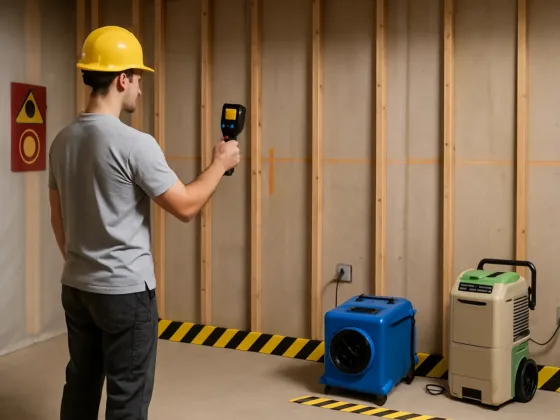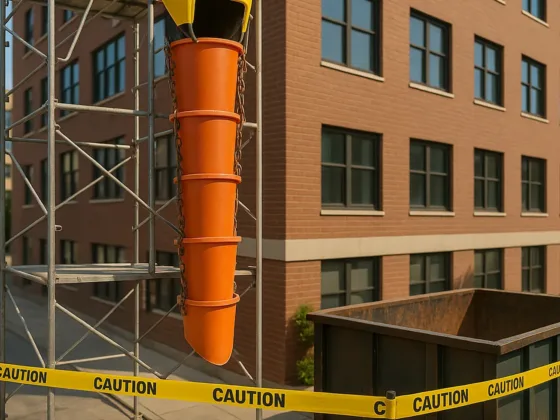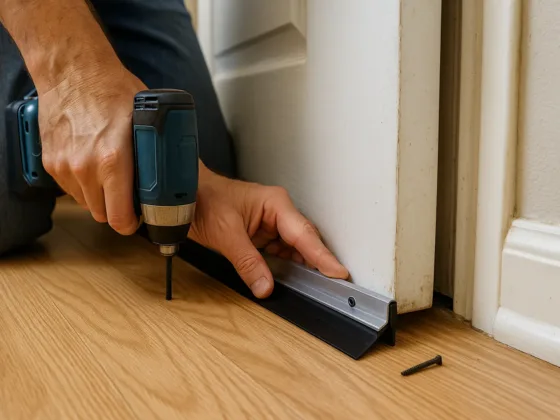Table of Contents Show
A water heater is one of those appliances we tend to take for granted — until it breaks. Whether you’re one step away from blasting yourself with a cold shower or seeing a strange spike in your energy bills, your water heater might be trying to tell you something. Identifying when it’s time for a replacement can help prevent you from having to deal with unexpected breakdowns and expensive repairs.
In this post, we’ll discuss the symptoms that suggest your water heater has run its course and when it’s time to replace your water heater instead of just repairing it.
Your Water Heater Is Past Its Expiration Date
Most traditional tank water heaters come with a lifespan of around 8 to 12 years, while tankless models can last up to 20 years with regular maintenance. If your air conditioning unit is nearing or past its expected lifespan, it’s time to consider a replacement—even if the unit is still working. Older systems are usually not as efficient and more prone to issues, which can result in higher utility bills and surprise service calls.
To determine how old your water heater is, find the manufacturer’s label on the tank, which typically includes the installation date. If you are beyond that 10-year threshold, a newer, more energy-efficient model will improve both performance and operating costs.

Frequent Repairs and Higher Energy Bills
If you’re dialing a plumber more than once a year to repair leaks, replace heating elements, or deal with fluctuating water temperatures, your water heater is likely nearing the end of its useful life. Repairs cost a lot in the long run, often more than buying a new unit in
Another sign is a spike in energy bills. Like all appliances, water heaters lose efficiency as they age, particularly if sediment has accumulated inside the tank. That means they have to work harder (and expend more energy) to heat the same volume of water.
With repairs becoming a constant expenditure in your budget, water heater replacement services offered by professionals are wise if you want to maintain comfort and efficiency in your house.
Rusty Water or Tank Corrosion
Rusty water flowing from your faucets is never a positive sign. It might be a problem with your pipes, or it could indicate corrosion inside the water heater tank itself. The inner lining of the tank degrades over time, time if the anode rod has become depleted. When corrosion sets in, leaks are generally not far behind and sadly, an improperly corroded tank cannot be repaired.
Similarly, visible rust or moisture near the base of the tank could mean a minor leak has already begun. This indicates clearly that a replacement is needed.
Key Takeaway
An outdated or failing water heater can mean cold showers, increasing bills, and water damage if left unaddressed. You can remain ahead of breakdowns and achieve a smooth transition to a new energy-efficient system by being mindful of its age, visible wear, and signs of inefficiency.
Being proactive from the start with water heater replacement will have you experiencing the general piece of mind and comfort you deserve in your home, instead of waiting for your water heater to fail. If you’re experiencing any of these signs, it might be time to speak with a trusted plumbing professional to discuss your options.
FAQs
A: On average, water heaters should be replaced every 8 to 12 years, depending on the type and maintenance. Regular inspections can help determine the right time for replacement.
A: Common signs include rusty or discolored water, strange noises coming from the heater, leaks or puddles around the unit, and inconsistent water temperatures.
A: In some cases, minor issues can be repaired, such as replacing a thermostat or heating element. However, if the unit is old or has significant problems, replacement may be more cost-effective.
A: Yes, traditional tank water heaters typically last 8 to 12 years, while tankless water heaters can last up to 20 years. Regular maintenance can also influence the lifespan of any water heater.
A: Consider factors such as the type of water heater (tank vs. tankless), energy efficiency, size, fuel source (gas or electric), and your household’s hot water needs. Consulting with a professional can help you make the best choice.










